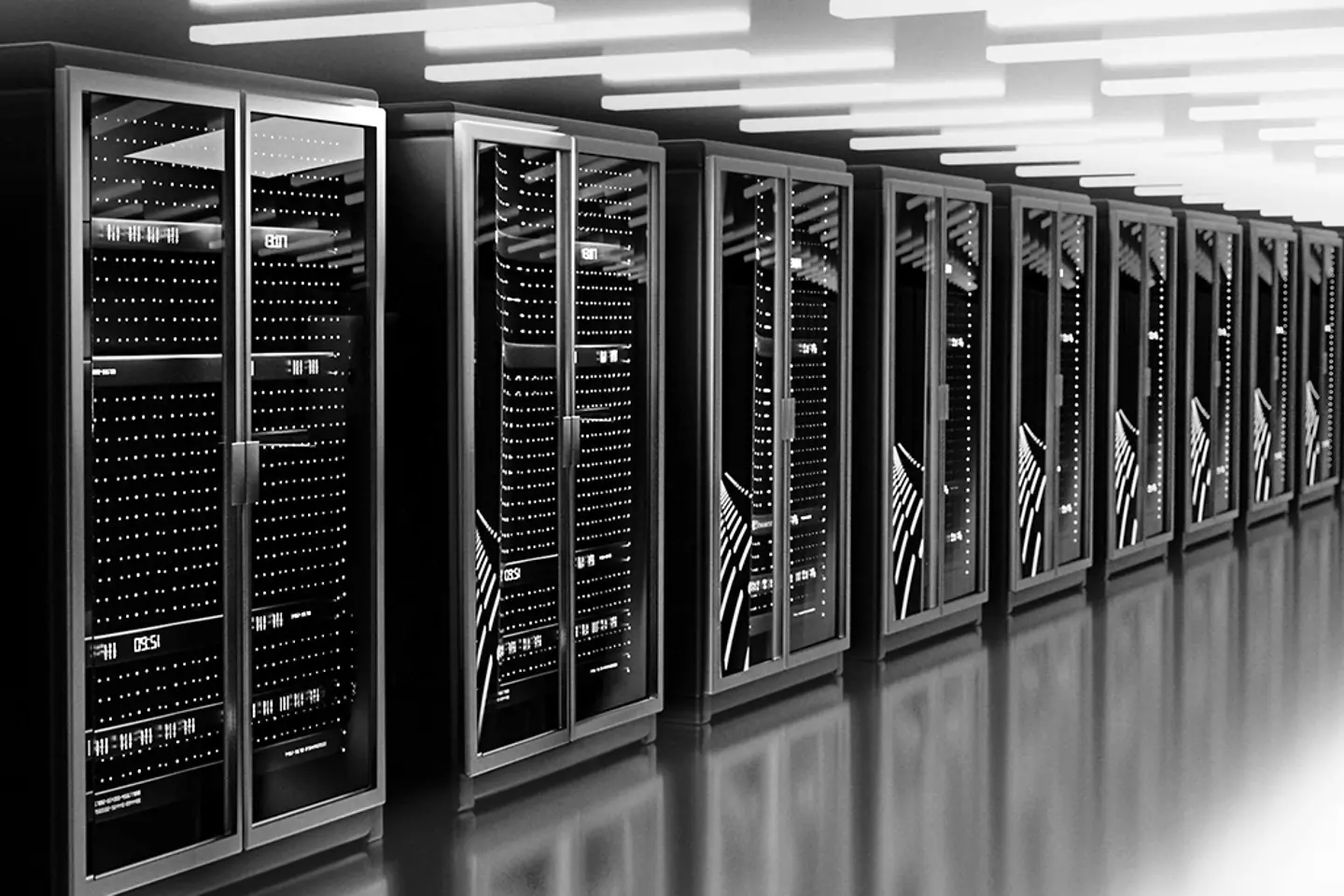
Will we soon have to lead in green to lead in business? The fact is that we won't achieve tomorrow's climate targets using yesterday's technologies. As an IT and digitalization service provider, T-Systems supports companies with green technologies, green cloud services, smarter logistics, or analysis of IoT data to push forward with digital growth and at the same time invest in sustainability and the environment.
The number of data centers and their hardware is significantly rising on a global level and the energy consumption will therefore be high. The digital association Bitkom estimates that the energy consumption from the data centers in Germany alone could increase up to 35 billion kilowatt hours by 2030. T-Systems is, therefore, continuously optimizing the efficiency of its own data centers and has joined the Climate Neutral Data Center Pact which is committed to the European Green Deal. T-Systems has been sourcing its electricity for the data centers exclusively from renewable energy since the start of 2021.
#GreenMagenta bundles green products and sustainability initiatives from Telekom. As a subsidiary company, T-Systems offers companies #GreenMagenta IT services that contribute towards sustainability. For this, IT experts advise customers among other things, on how they can set themselves up for an ecologically sustainable future using digital solutions and identify significant potential to reduce their CO2 output.. ISG, therefore, sees T-Systems as a leading provider in the field of sustainability and decarbonization.
Environmental and climate programs are indisputably the right routes to a greener future. But how is it possible to measure and prove that the ambitious goals are actually being achieved? T-Systems has developed a configurable SDG dashboard for this together with 20 communities in Spain. Syrah Sustainability allows all public and private organizations and companies to define, visualize, measure, and monitor indicators for sustainability. The data also helps to identify which measures don't bring about the desired result and where in the operation readjustments are required.